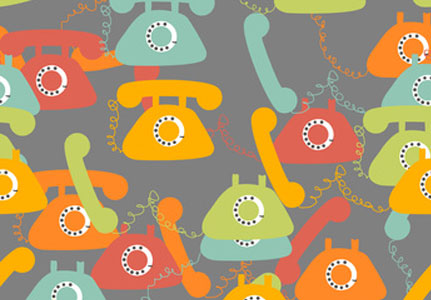Study underscores public demand for rare disease help lines
 A newly published article A European network of email and telephone help lines providing information and support on rare diseases – results of a 1-month activity survey is now freely accessible in the Interactive Journal of Medical Research (i-JMR). Produced by members of the European Network of Rare Disease Help Lines based on the analysis of rare disease help lines activity, the report underscores that across Europe, rare disease help lines respond to a real public demand for information and support.
A newly published article A European network of email and telephone help lines providing information and support on rare diseases – results of a 1-month activity survey is now freely accessible in the Interactive Journal of Medical Research (i-JMR). Produced by members of the European Network of Rare Disease Help Lines based on the analysis of rare disease help lines activity, the report underscores that across Europe, rare disease help lines respond to a real public demand for information and support.
The activity of twelve different rare disease help lines was monitored for a one-month period in order to gather data on the topics of enquiry, the characteristics of enquirers, and the information technologies used for the exchanges. Throughout the month of November 2012, the help lines surveyed received a total of 1,676 phone calls, emails or letters from patients (34.1%); family members (31%); healthcare professionals (21.1%) or others (13.8%). An average of 22.8 minutes was spent on each enquiry and the telephone was the most frequent means of contact (58.9%), followed by emails (36.3%). The top reasons for contacting the help lines were to obtain information concerning a particular disease; a specialised centre or expert; social care; patient organisations; or for support.
This study highlights the indispensable role rare disease help lines have in providing needed information and support to people living with a rare disease. As EU Member States develop their national plans or strategies for rare diseases – including the coordinated objective of improving information for the public – the data presented in this study could serve to assist planning and budgeting of equivalent services where they do not exist as well as in improving existing services. The European Network of Rare Disease Help Lines is campaigning for a 116 number that would be free of charge and could be used throughout the EU, ensuring that information on rare diseases is accessible to all who need it via one unique phone number that could be called from anywhere in the European Union.
Louise Taylor, Communications and Development Writer, EURORDIS
